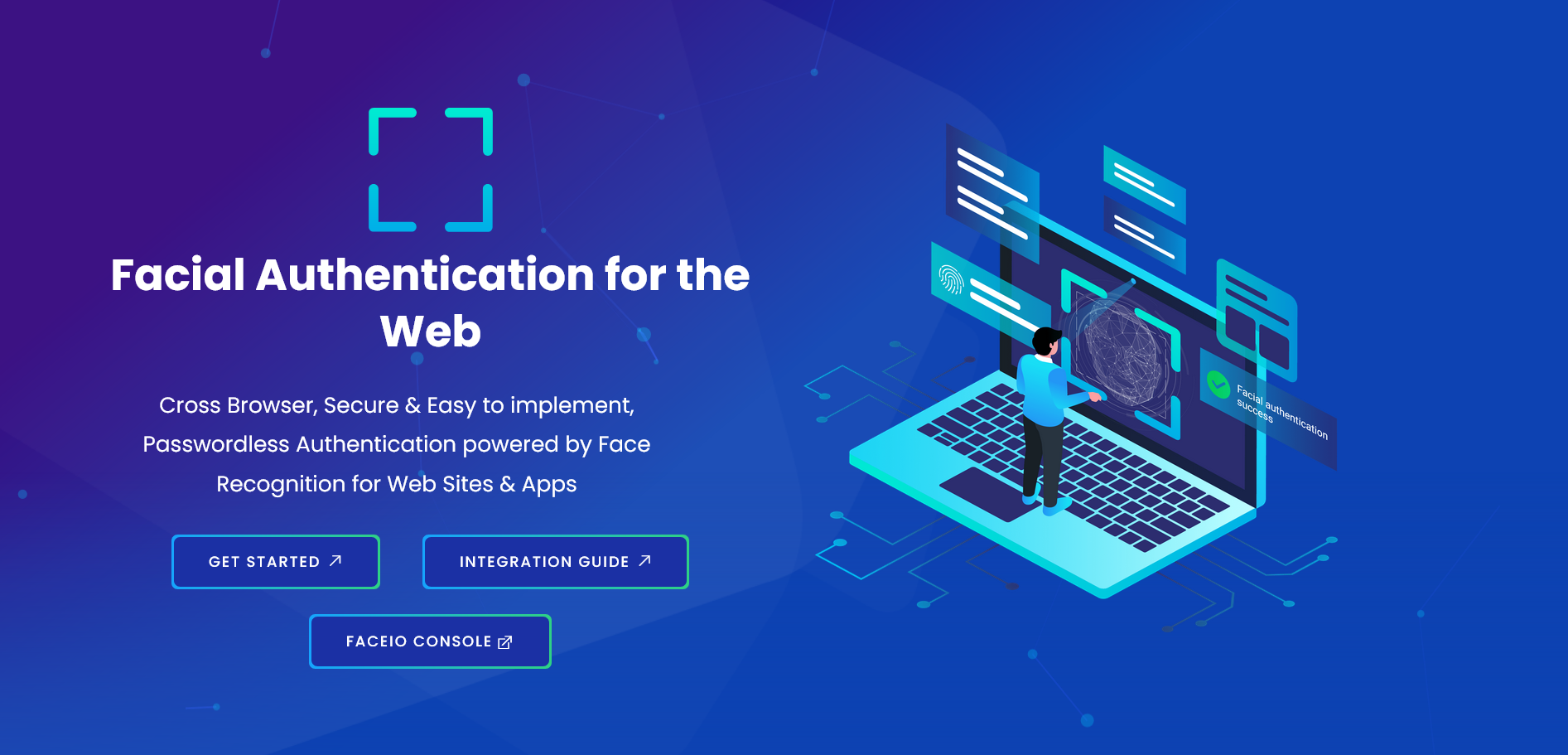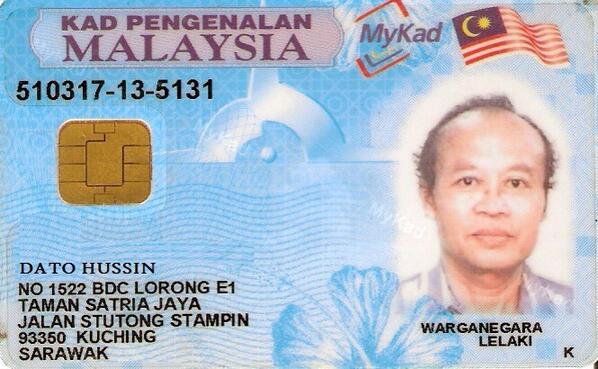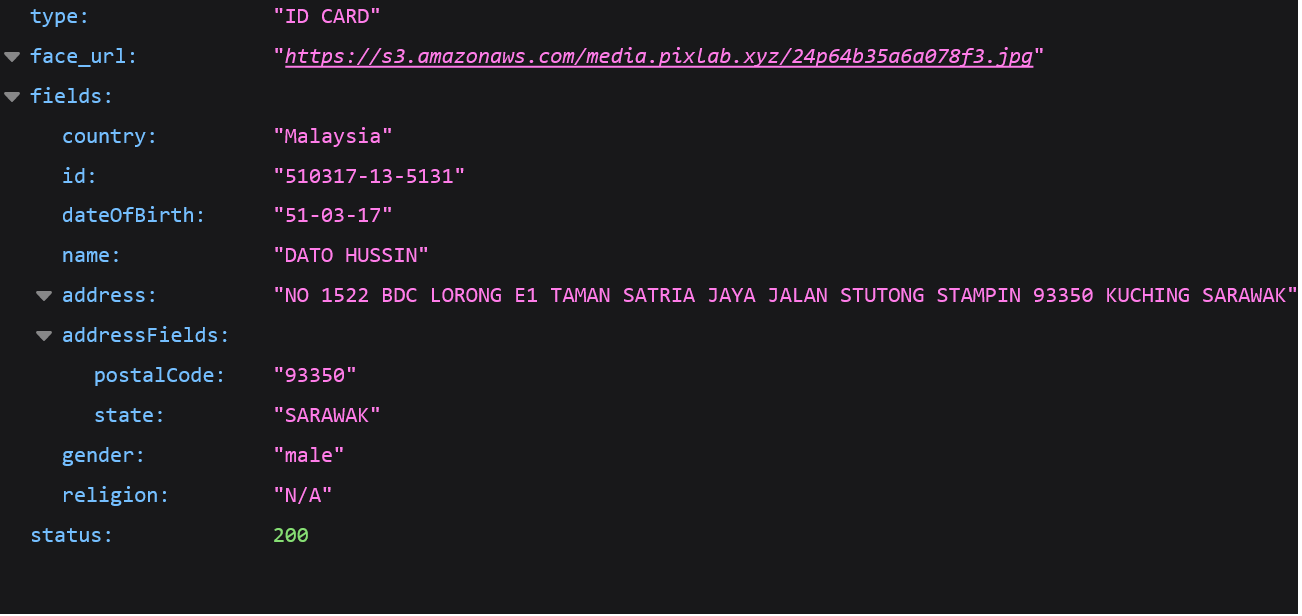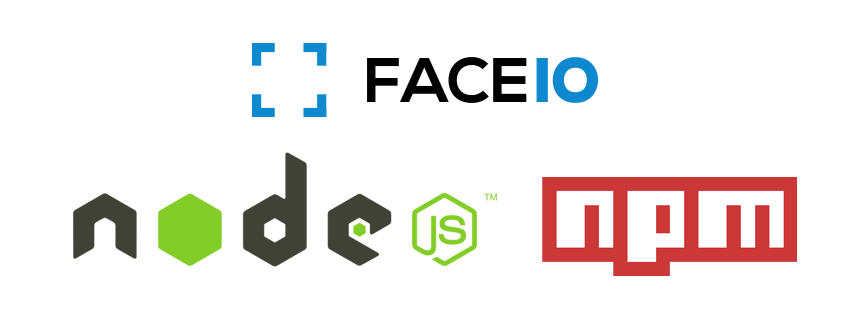PixLab is thrilled to announce the release of PixLab Annotate 1.97, the latest version of our cutting-edge online image annotation tool. Designed to streamline and enhance the process of image labeling and segmentation, PixLab Annotate 1.97 is packed with new features and improvements that make it an indispensable tool for machine learning and computer vision projects.
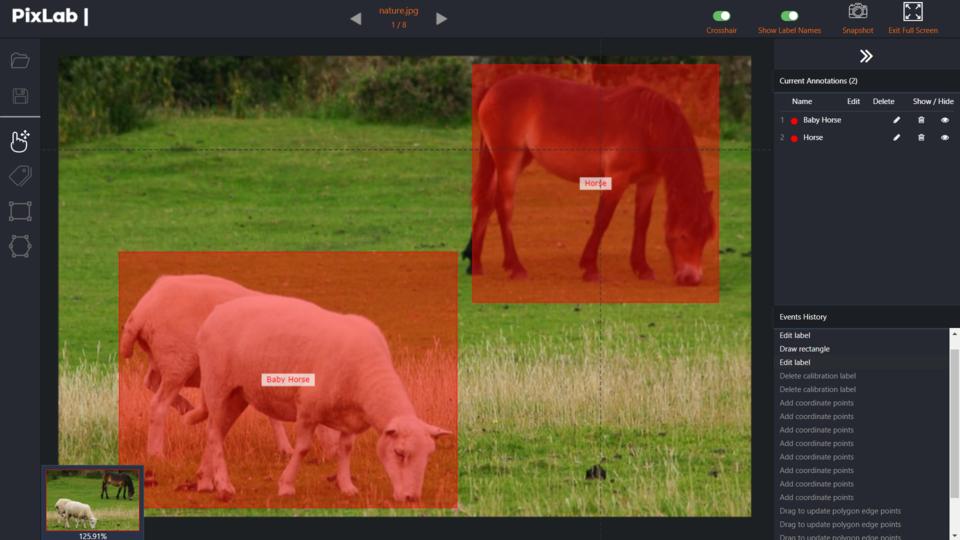
Key Features of PixLab Annotate 1.97
Enhanced Labeling Tools: The new version includes advanced rectangle and polygon zoom drag labeling tools, making the process of annotating images more precise and efficient.
Optimized for Instance Segmentation: PixLab Annotate 1.97 is optimized for instance segmentation tasks, including support for Mask R-CNN, ensuring compatibility with advanced machine learning models.
Client-Side Persistent Storage: With the introduction of client-side persistent storage, your data remains on your device, eliminating the need for data transfer and enhancing security and speed.
Full-Screen Display and Snapshot Capture: The full-screen mode and snapshot capture feature allow for a more immersive and detailed annotation experience.
Consistent JSON Output: The tool generates consistent JSON output, which is readily accepted by most machine learning frameworks, facilitating seamless integration into your workflow.
Improved Label Management: Create, modify, and delete labels with ease, thanks to the improved label management system.
Annotation Events Tracking: Keep track of your annotation history with the enhanced tracking feature, which includes undo and redo options for better control over your work.
User-Friendly Interface: The interface of PixLab Annotate 1.97 is intuitive and easy to navigate, making it accessible for both beginners and experienced users.
Why Choose PixLab Annotate 1.97?
PixLab Annotate 1.97 is more than just an annotation tool; it's a comprehensive solution designed to meet the needs of professionals in the field of machine learning and computer vision. Whether you're working on a small project or a large-scale enterprise task, PixLab Annotate 1.97 offers the reliability, efficiency, and accuracy you need.
Get Started Today!
Experience the power and convenience of PixLab Annotate 1.97 today. Visit PixLab Annotate to explore these new features and see how they can transform your image annotation tasks. Join the community of professionals who are already leveraging the benefits of PixLab Annotate in their projects.
- Project Home Page: pixlab.io/annotate
- Annotate Online Web Application: annotate.pixlab.io
Stay tuned for more updates and enhancements as we continue to evolve and improve PixLab Annotate to meet your needs.
Happy annotating!


